In April 2022, India’s food-tech giant, Zomato, introduced “100% plastic-neutral deliveries” which means it would “voluntarily” recycle more than 100% of all plastic utilised in food-delivery packaging. The move is part of Zomato’s environmental, social, and governance (ESG) narrative. Although Zomato executed 535 million orders in the year ended March 2022, there are big questions over when it will be able to turn a profit in its food-delivery and e-grocery businesses. Hence, the company is hoping to attract ESG funding through initiatives such as plastic neutrality and climate-conscious delivery.

So what?
According to data provider Morningstar, none of India’s nine ESG mutual funds is currently an investor in Zomato. Zomato has internally calculated that it needs to recycle nearly 20,000 metric tonnes of plastic waste annually to achieve plastic neutrality. But this figure is highly debatable. Other people from Zomato itself say the sustainability team did not conduct any on-ground research to reach the final target of 20,000 metric tonnes. In the absence of proper due diligence for establishing environment-related targets, Indian and foreign funds are not buying Zomato’s ESG-friendly narrative just yet. “You don’t want to buy into a greenwashing operation” said the vice president-ESG of a New York-based private-equity (PE) firm.




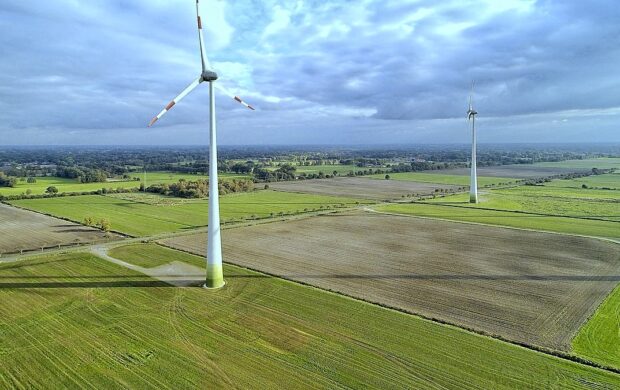
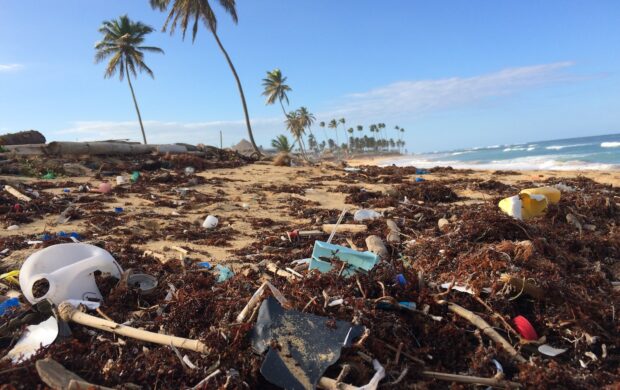
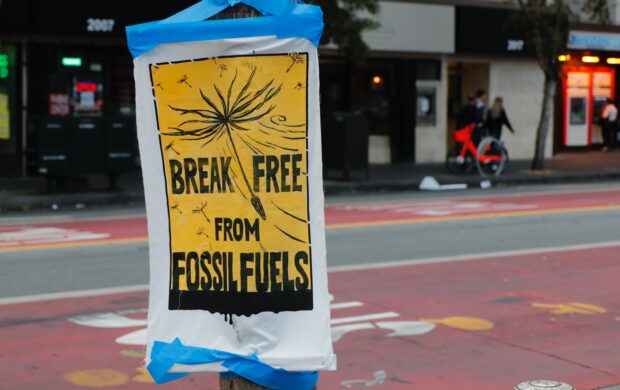


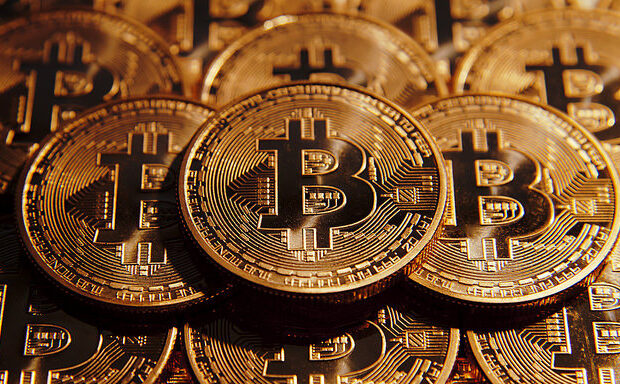




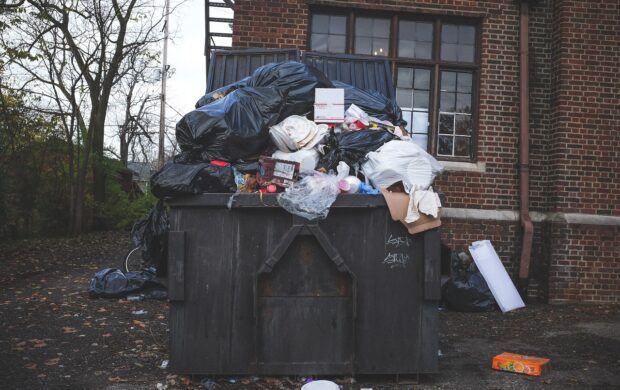

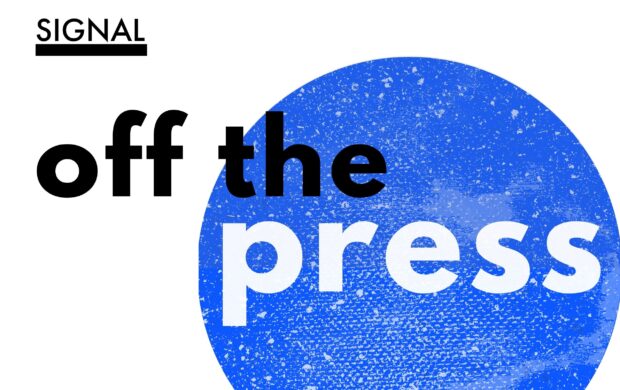

Join discussion